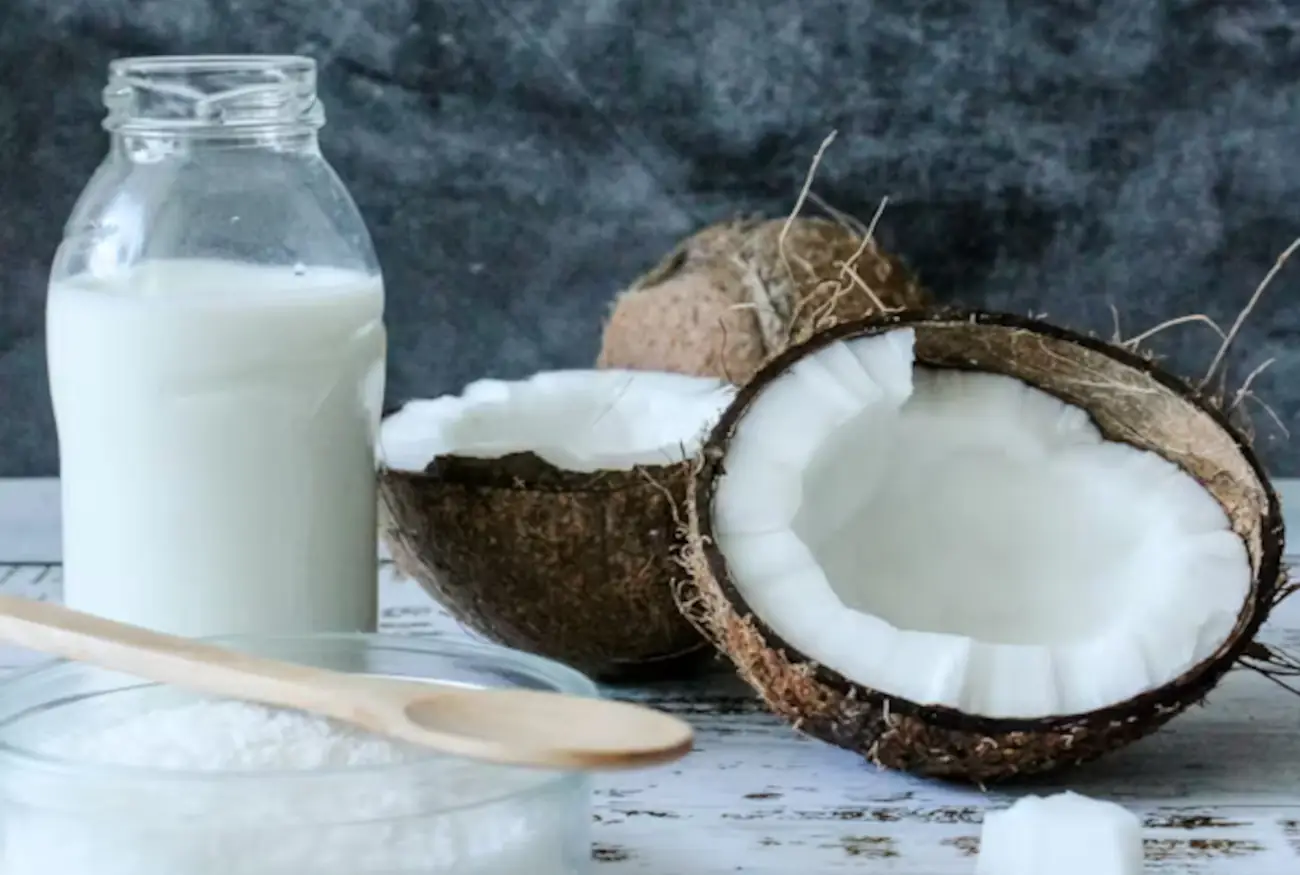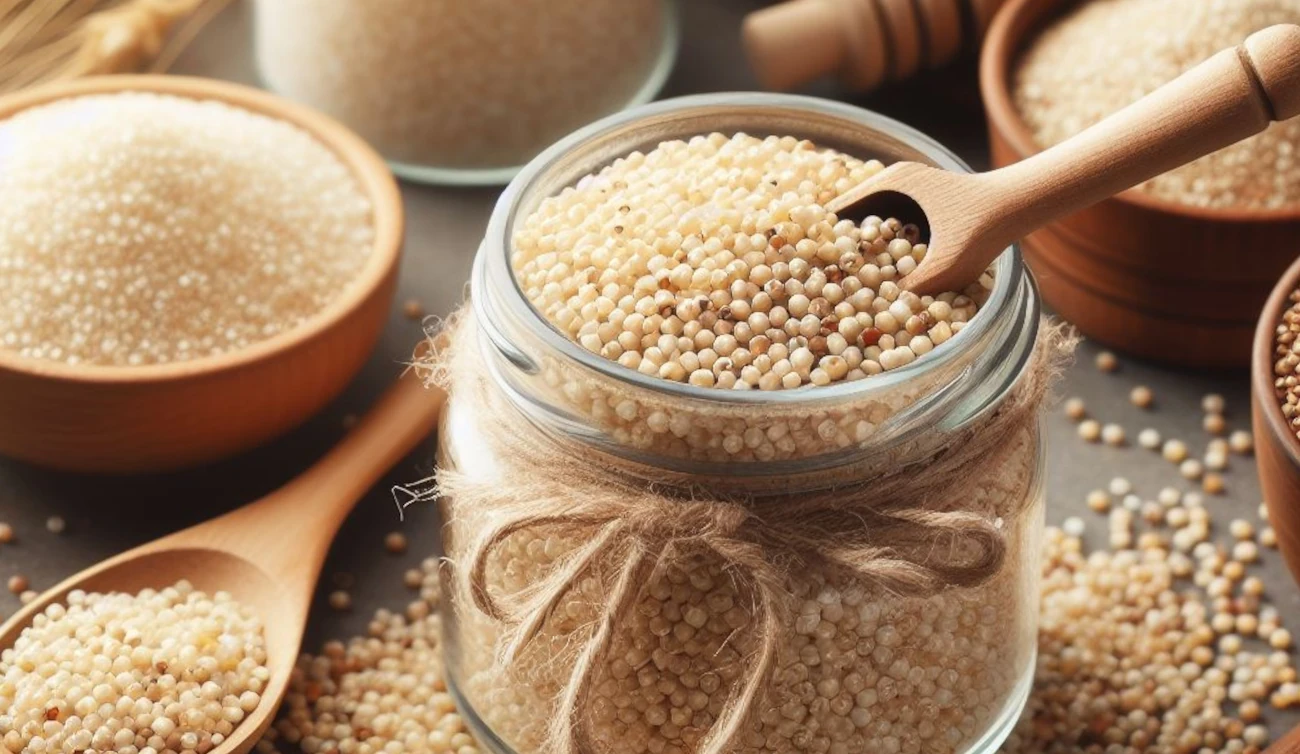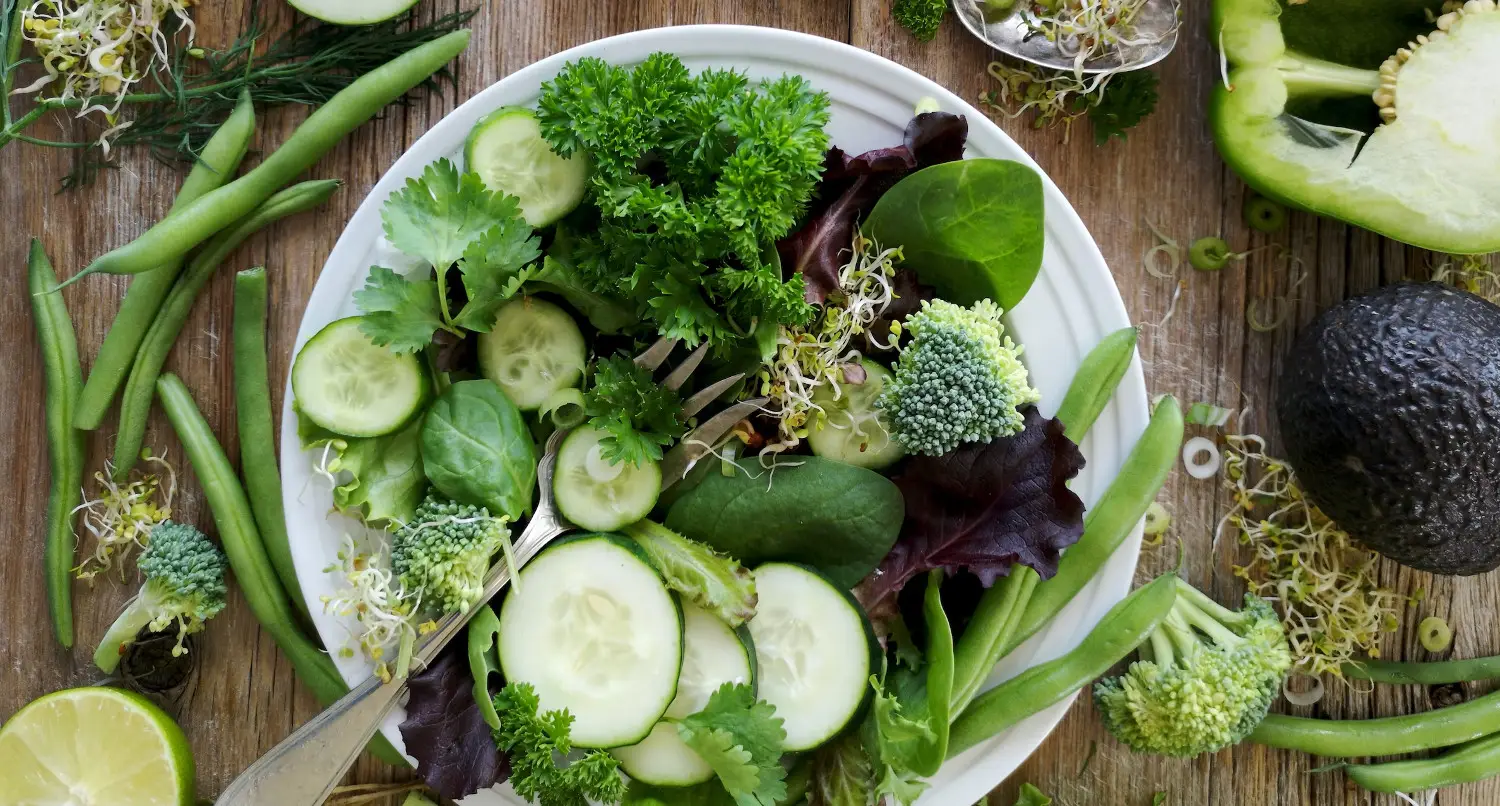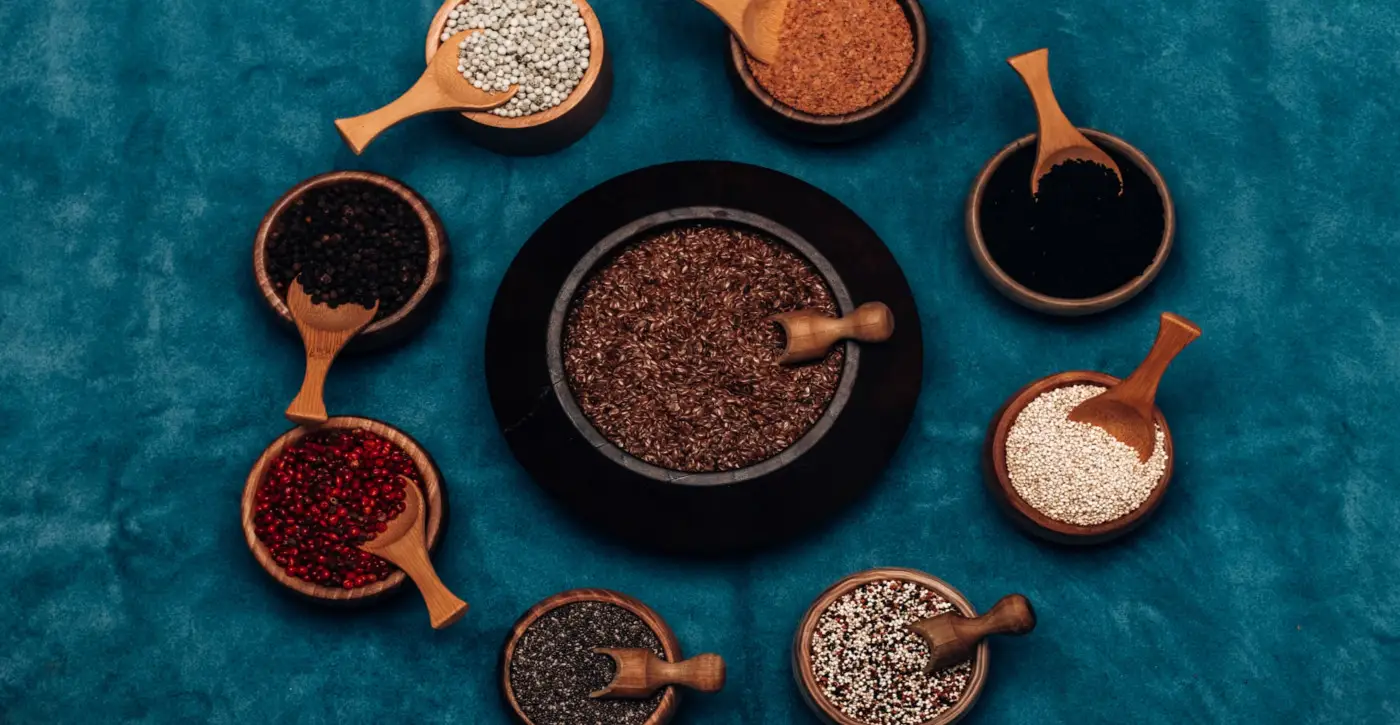Basil, dried Lysine and Arginine Info Sheet
Overview
Basil is an herb that has green, oval-shaped leaves and a sweet, peppery, and minty flavor.It is often used fresh or dried in Mediterranean, Asian, and Italian cuisines.
Basil is rich in antioxidants, especially flavonoids, which may protect against oxidative stress and inflammation.
It also contains volatile oils, such as eugenol, which may have antibacterial, antifungal, and anti-inflammatory properties.
| Name | Lysine (mg/100g) | Arginine (mg/100g) | Ratio |
|---|---|---|---|
| Basil, dried | 90mg | 70mg | 1.286 |
Basil, dried contains 90mg of Lysine and 70mg of Arginine per 100g of product.
This means Basil, dried has a high Lysine-Arginine ratio of 1.286.
Because Basil, dried contains slightly more lysine than arginine, increasing its consumption may benefit people who suffer from herpes, as it may boost the immune system.
Lysine Considerations
Basil has a moderate amount of lysine, which may help prevent or treat cold sores caused by the herpes simplex virus.
Lysine may also support immune function and collagen synthesis.
It's one of the nine amino acids that the body can't produce, so it must be included in our diet.
Lysine has multiple roles in the body, such as aiding in growth, healing, energy production, immune function, and the production of collagen.
Research indicates that lysine may have an impact on the herpes virus, which is responsible for cold sores and genital sores.
Taking lysine supplements or using lysine cream could potentially prevent or treat these infections by working against the amino acid arginine, which the virus requires for growth.
Arginine Considerations
Basil has a slightly lower amount of arginine, which may lower blood pressure, improve blood flow, and support wound healing.
However, too much arginine can trigger or worsen herpes outbreaks, as the virus needs arginine to multiply.
Arginine can contribute to cold sore outbreaks, which are blisters caused by the HSV-1 virus, also known as herpes.
Arginine aids in the growth of HSV-1, which needs this particular amino acid to multiply and infect cells.
Arginine can be obtained through our diet, and is found in multiple high-protein foods such as nuts, seeds, and chocolate.
Regrettably, the herpes virus is known to "feed" on arginine, and a diet abundant in arginine compared to lysine may increase the frequency and severity of cold sores and herpes outbreaks.
Lysine-Arginine Ratio
Basil has a high lysine-arginine ratio, which means it has more lysine than arginine.
This may be beneficial for people with herpes infections, as lysine can block the absorption of arginine and inhibit viral replication.
Both lysine and arginine play crucial roles in protein synthesis and other metabolic activities.
Interestingly, they have contrasting effects on the herpes simplex virus, which is responsible for cold sores and genital herpes.
Lysine can stunt the virus's ability to replicate, while arginine can promote it.
Consequently, consuming foods with a high lysine to arginine ratio may help decrease the frequency and severity of herpes flare-ups.
Foods with a high lysine-arginine ratio include dairy products products, fish, poultry, fruits, and vegetables.
These foods can supply the body with sufficient lysine to block the virus's absorption of arginine, thereby preventing its growth and spread.
Dietary Considerations
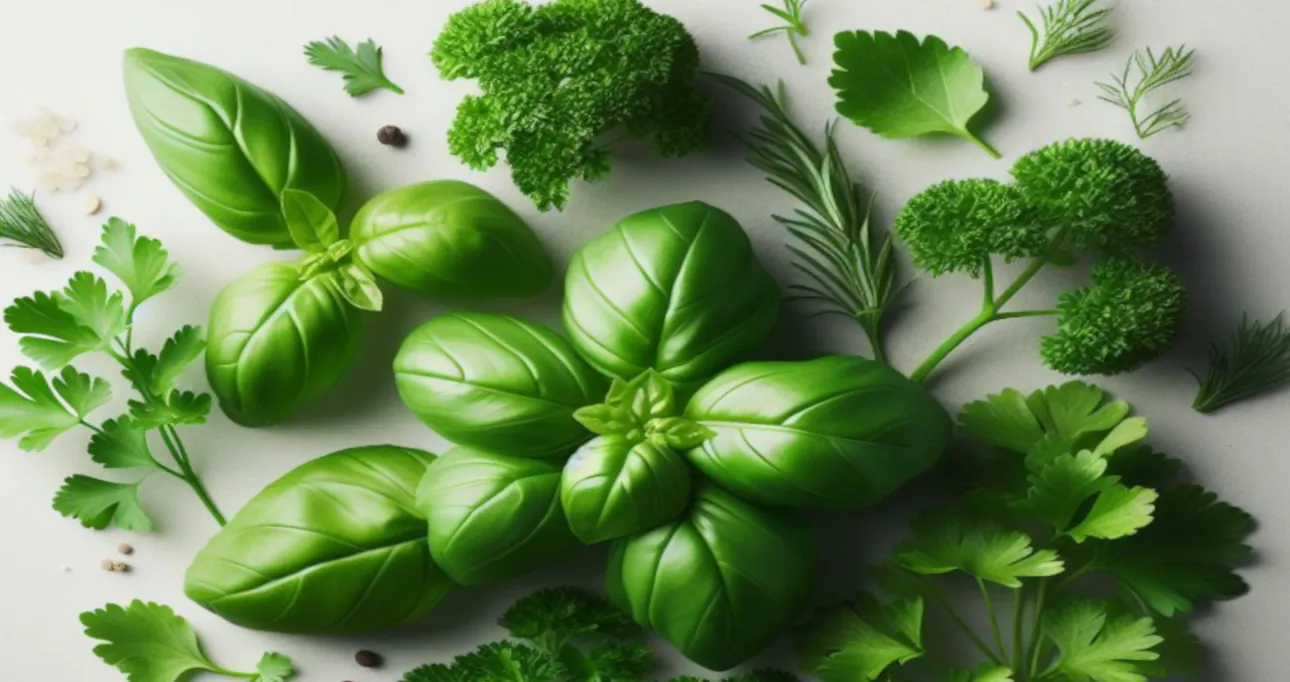
For instance:
A diverse and nutritious diet that supports your immune system and fights inflammation is essential.
This means you should eat lots of fruits, vegetables, whole grains, lean protein, and healthy fats, and steer clear of processed foods, added sugars, alcohol, and caffeine, which can harm your health.
L-lysine supplementscan help you prevent herpes outbreaks and stop a cold sore before it develops by depriving the virus of arginine, which it needs to form a cold sore.
Other food supplements, such as vitamin C, zinc, selenium, and antioxidants, can help you boost your immunity and protect your cells from oxidative stress.
Eating foods that can soothe your symptoms and speed up your healing process, such as honey, yogurt, aloe vera, and chamomile.
These foods have anti-inflammatory, antiviral, and antibacterial properties that can reduce pain, swelling, and itching, and promote tissue repair.
Check more food information

